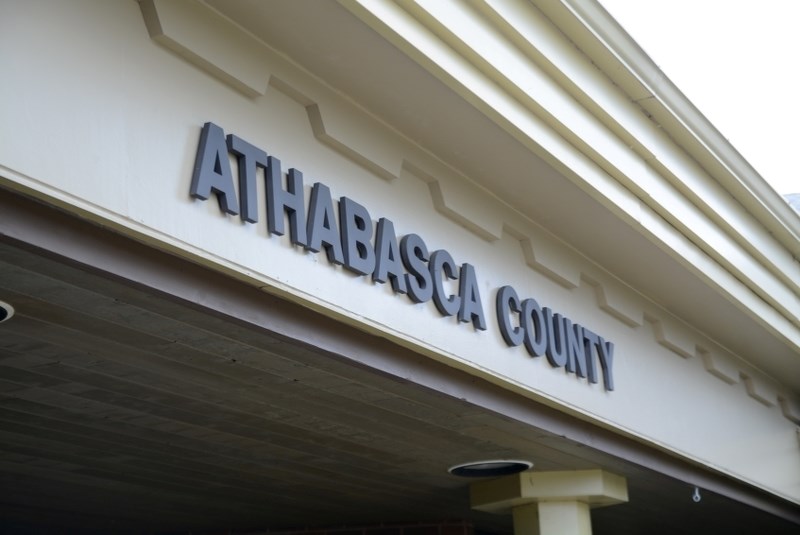ATHABASCA – Athabasca County councillors are turning to their legal team for advice on whether or not it’s okay to restrict councillors from attending meetings online if they’ve already done so six times in a year.
During the May 29 council meeting, councillors re-opened their procedural bylaw to make a few adjustments, including allowing public hearings to be conducted electronically following the enforcement of Bill 20, before the discussion shifted to the issue of online attendance.
Currently, if a councillor were to hit their six-meeting limit they would require permission from the rest of council to continue to attend online. Supporters of the clause said that it covered worst-case scenarios while still keeping people responsible, but some councillors still wanted to see it removed.
“That becomes the question, is it legal for council to restrict someone from attending when they’re able to (online),” said Coun. Brian Hall.
During the May 29 meeting, CAO Bob Beck said administration hadn’t explicitly looked into the concern, but since the limit was in the original bylaw his assumption was it was in fact legal, since the previous administration would have gotten legal advice.
Coun. Gary Cromwell echoed Anderson’s comments from a previous meeting, pointing out that ratepayers effectively lose their voice in the room when a councillor isn’t present.
“When we were talking about electronic attendance, I remember some of the comments being, ‘Well if you hit your six, maybe you just don’t attend,’ and I think that was poor workmanship at the time,” he said.
Other councillors felt in-person attendance was important, including Coun. Rob Minns, who said it might be an old school viewpoint but having a butt in a chair around the table was what they were paid for.
First reading of the bylaw amendment passed May 29 with a 5-2 vote — Hall and Cromwell were opposed — and a motion to get a legal opinion on the issue passed with a 4-3 vote. Holland, and councillors Minns and Joe Gerlach were opposed. Councillors Natasha Kapitaniuk and Camille Wallach were away at a conference.
If the new bylaw passes second and third reading, members of the public will be able to appear virtually for public hearings and still be able to speak instead of just listening in. Councillors would also be able to hold council meetings electronically in times of crisis, such as a wildfire evacuation, although they haven’t had to do so since the COVID-19 pandemic.
Waiting on the province
During the May 20 committee of the whole meeting, the county’s newly hired policy and governance specialist Melanie McConnell, also updated councillors on the impact Bills 20 and 50 would have on the county and its governance structures.
An overarching review of the procedural bylaw has been put on hold until the province releases new regulations — the above amendment to allow for the public to attend would bring the council into compliance with Bill 20, which was passed last year.
“We’re still waiting for the template to come forward from the province, which may change all of this to begin with,” said Reeve Tracy Holland.
Some of the upcoming changes include the cessation of the county code of conduct bylaw, which will be replaced with a province-wide code from the government of Alberta, as well as changes to the Municipal Government Act (MGA).
One change that Athabasca County won’t take advantage of is a carve-out to allow voting machines — otherwise banned in the province under the new provisions — for individuals with visual impairment.
“It’s important to point out the preservation of the secrecy of the vote,” said McConnell, who said the ballots look different.
“With a small population you would be able to discern how the one or two voters may have voted.”



